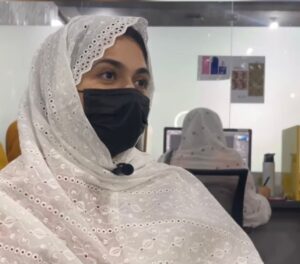PESHAWAR – Sewage samples have tested positive for polio virus across all four provinces. Health officials confirmed wild poliovirus type 1 in multiple districts. The tests were conducted between 4 and 12 March.
This marks the twelfth time this year that environmental samples have detected the polio virus. Out of 30 districts, 15 showed positive results. Sindh reported the most cases. Karachi East, South, Korangi, Malir, Larkana, Jamshoro, Ghotki, Kashmore, and Mirpurkhas tested positive. In Punjab, Lahore, Faisalabad, Multan, and Gujranwala also found the virus in sewage. Quetta and Tank reported positive results in Balochistan and Khyber Pakhtunkhwa.
Health experts warn of ongoing transmission. Contaminated sewage poses a serious risk to unvaccinated children. The virus spreads through infected feces and contaminated water. Poor sanitation increases the danger. The country has now recorded 130 positive environmental samples in 2025. The country has also reported six polio cases this year.
Officials stress the need for stronger vaccination campaigns. Misinformation and vaccine hesitancy remain major challenges. Some communities refuse polio drops due to misconceptions. Logistical problems also hinder immunization efforts. Health workers often struggle to reach remote areas. In some regions, insecurity prevents smooth vaccination drives.
Pakistan remains one of the few countries where polio is still endemic. The government continues efforts to eradicate the virus. Emergency vaccination campaigns are being planned. Health officials urge parents to immunize their children. They warn that polio can cause lifelong paralysis. Experts call for better sewage monitoring. Frequent virus detection suggests ongoing transmission. Poor sanitation allows the virus to spread rapidly.
Authorities are working to improve hygiene conditions. Clean drinking water and better waste disposal can help reduce the risk. The global polio eradication initiative closely monitors Pakistan. The country’s progress remains critical to ending the disease worldwide. Health agencies emphasize that stopping polio requires consistent efforts. The fight against polio is far from over.












